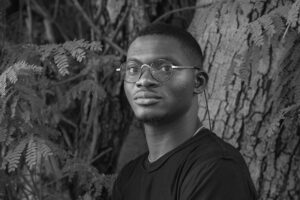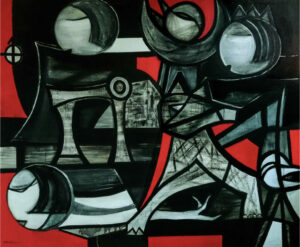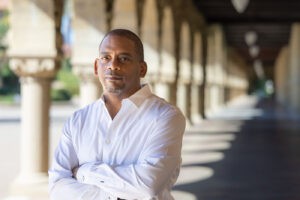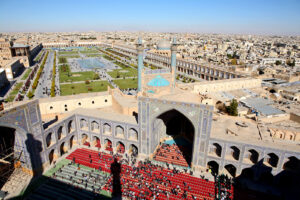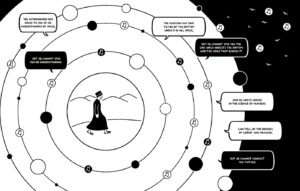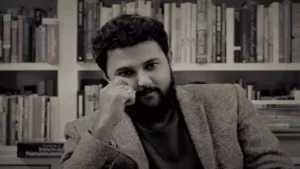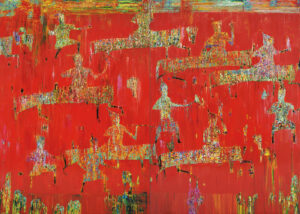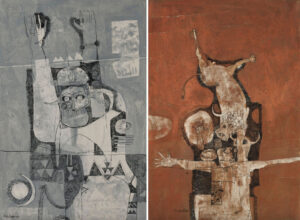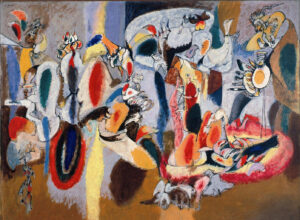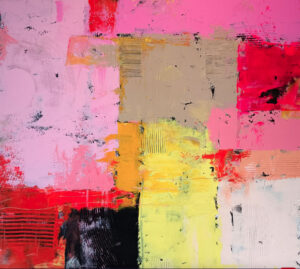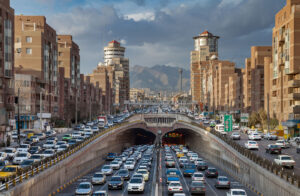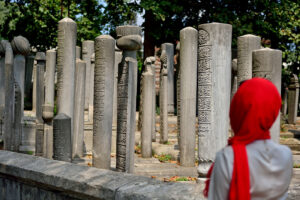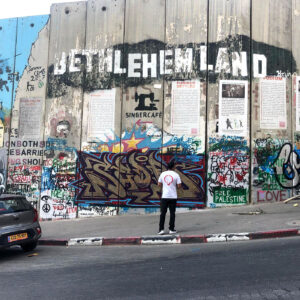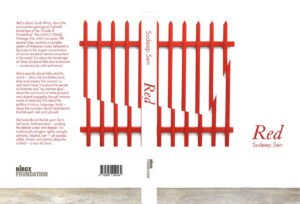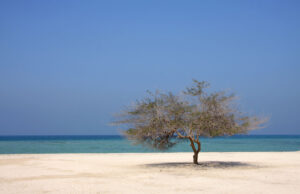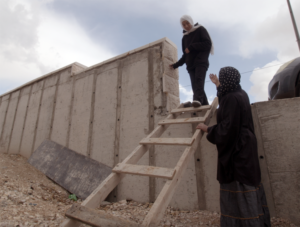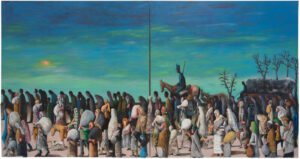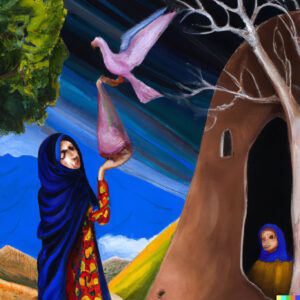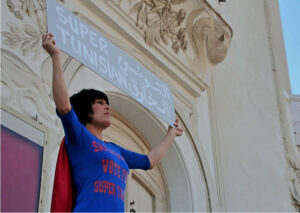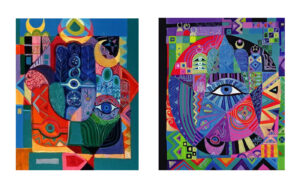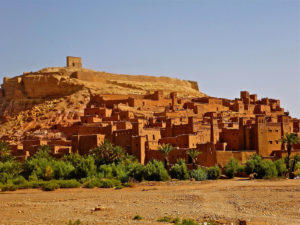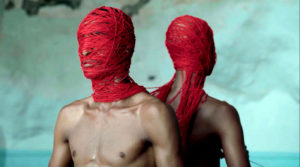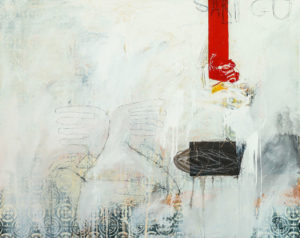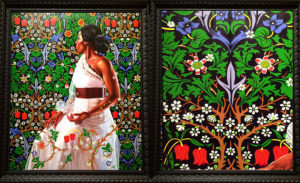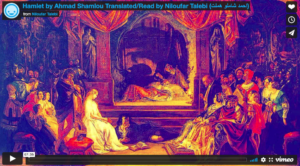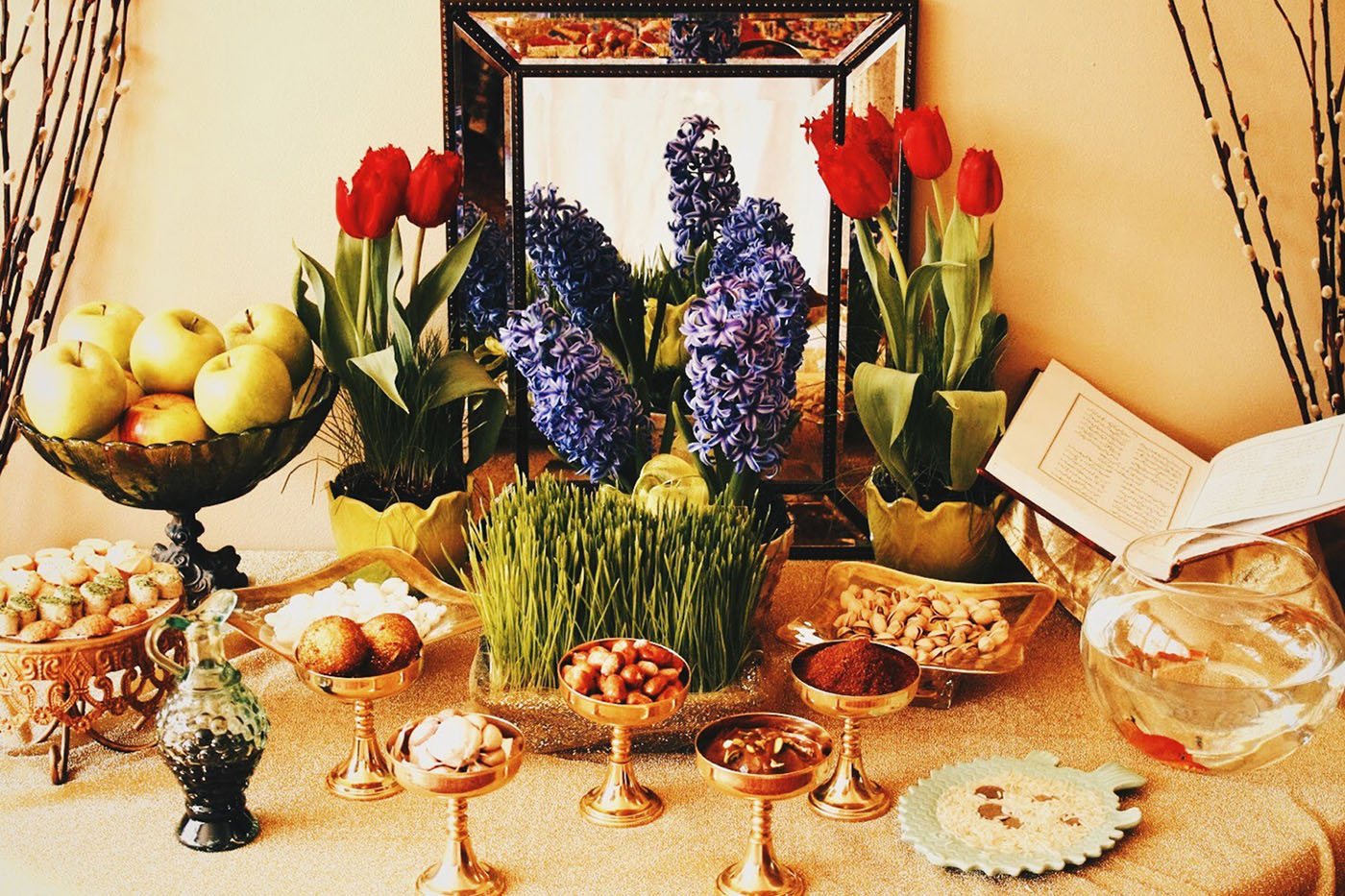
Today’s impossible prompt: a poem about spring celebrations and peace.
Maha Tourbah
Sunday, March 20th, marked the beginning of the Spring Equinox in earth’s northern hemisphere. It was at 16h33 and 23 seconds, French time, according to the Institute for Celestial Mechanics and Computation of Ephemerides (IMCCE) in Paris, that at that moment in the astronomical cycle the sun was exactly above the equator, making the day and night equal, announcing sunnier times, longer days and shorter nights. In some parts of the world, for some 300 million people, the Equinox calls for days of celebrations devoted to a commemoration of life, new beginnings, and nature’s rejuvenation.
People have held this celebration sacred for over 3,000 years in regions that include the Balkans, the Black Sea Basin, the Caucasus, the Levant and Central Asia into Iran and Afghanistan. Organized religions, however — including Catholicism, Judaism and Islam — have tried to stifle these pagan celebrations , because they remind people of our collective past before there was one true god.
Why would anyone repress, on a mass scale no less, a celebration of the Equinox, a merry event that comes at a time of year after the long winter — an occasion that prompts folks to deep clean their houses! In what world is this bad? On a more spiritual level, it seeks to bring families together to feel joy over something as intrinsically good and even tangible as nature springing into flowering blossoms…
I know why, of course: it’s all politics and power grabbing of people’s minds. It’s not enough to demand fealty to God; religious leaders must also control your social calendar. But let’s not give them more than these two lines.
In Iran, this holiday is called Nowruz and celebrations go on for 13 days, usually ending in an all-out family picnic. Indeed, Nowruz is a festival fêted worldwide by various ethnolinguistic groups, rooted in the rituals and traditions of the Zoroastrian religion. In every Persian home, in Iran and abroad, the “haft sin” table is painstakingly decorated and proudly paraded for visitors to see and gush over. In Persian, “haft” means 7, lucky number 7 and “sin” is the letter (s) pronounced “seen.” Sin is also the letter at the beginning of each of the items on the designated table, each of them being a symbol of spring and renewal. These items may vary from household to household, but are usually comprised of:
Sabzeh (سبزه): Sprouting /Grass: the symbol of rebirth and growth.
Samanu (سمنو): Samanu: the symbol of power and strength.
Senjed (سنجد): Elaeagnus angustifolia: the symbol of love.
Somāq (سماق): Sumac: the symbol of sunrise.
Serkeh (سرکه): Vinegar: the symbol of patience.
Seeb (سیب): Apple: the symbol of beauty.
Seer (سیر): Garlic: the symbol of health and medicine.
Of course, variations exist, the most notable are one of two books: a book of poems or the Quran, both symbolizing wisdom almost in antagonistic ways.
For Iranians, Kurds, Slavs and incidentally many peoples with ancient roots that celebrated and celebrate still the Spring Equinox, times have been difficult … always, it seems. War has been looming over them threatening and palpable for as long as they can remember. It wasn’t so long ago that they were under its destructive rage, and it never seems to completely dissipate from their conscience.
It is rarely an inbred war, usually an imposed and imported one.
And yet, here we are, a new level of horror unfolding. As nature prepares to welcome its most generous of seasons, the rebirth of its youth, and its clement weather; man postures to invade and conquer, killing, destroying and damaging collaterally and unashamedly. Although war is not unfamiliar to these ancients, the western world, especially but not exclusively the U.S., has grown used to playing war exclusively in other countries, but this round of war is happening in Europe and seems to be threatening the entire world. Our usual so-called pundits are talking of World War III. Can anyone alive today really claim they do not know what happens when Europe makes war?
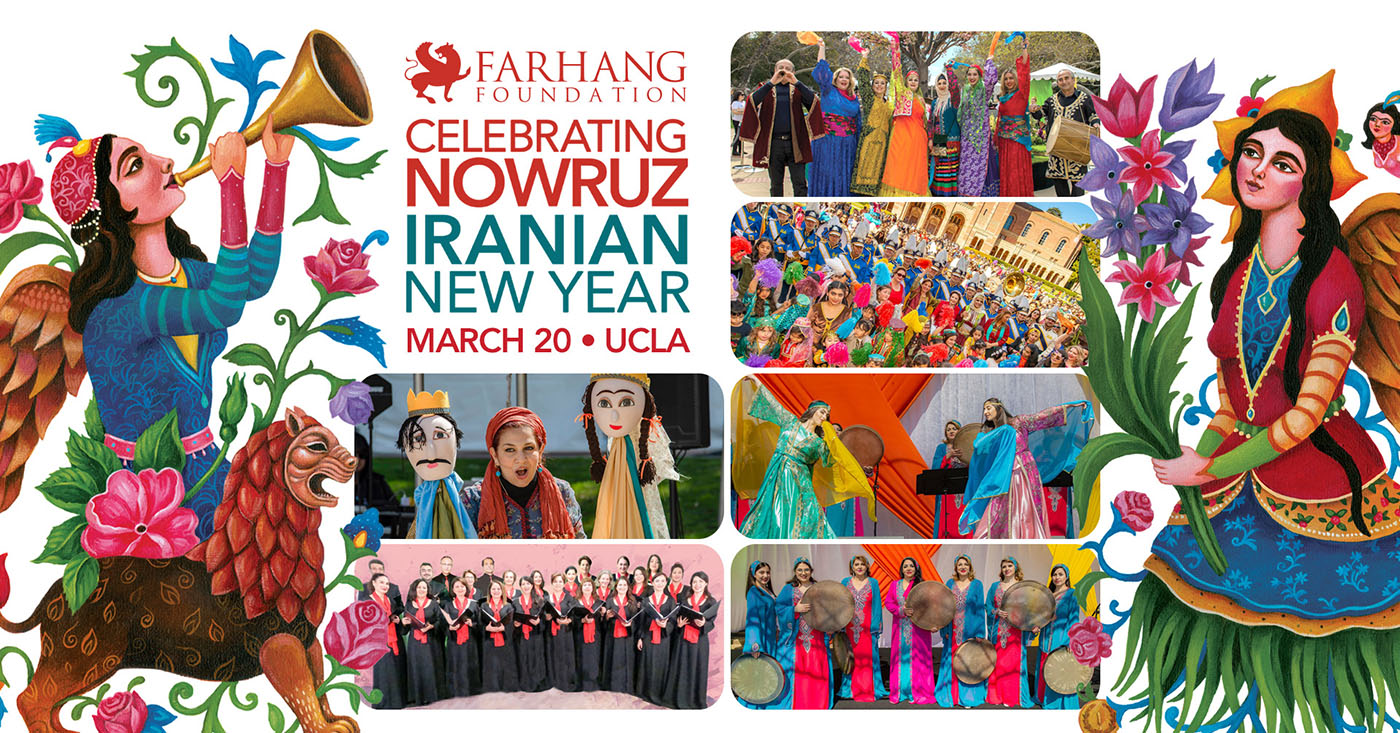
How are we to write poems of peace, while war rages? How can we see war and celebrations all at once?
It feels like reality is split into schizophrenic layers, existing together, completely dissociated from each other.
This split existence is all too common for expats/immigrants (depending on your point of view/color of your skin/job title) like myself, a Lebanese in France.
We are constantly living layers of our realities simultaneously. We seamlessly navigate between the layers, going from tragedy in one existence to celebrations in another, in one conversation.
There is an Arabic poem, written by the legendary Al-Mutanabbi (915–965 AD) that invariably comes to mind in these occasions.
It is an impossible feat to translate Al-Mutanabbi, his power over language is unequivocal, and I am not about to attempt what he did in Arabic into English. Or am I? It seems I must, please forgive me:
![]()
Ô Holy day, in what state do you visit?
Is it with more of the past, or have you brought something new?
So, in other words, are you going to throw at us the same old hardships or will you carry novelty, hope, any kind of change?
Will we see this war escalate into past nightmares, or will it somehow recede into the hellish abyss from which it came?
Will the powers of today’s “free world” choose the sensible option? Who or what, can stop the war machine? Stand in the face of the arms business? Unless by some freak chance war becomes unprofitable, they will only stop if they have to, if they are made to.
We can hope that Europe will make the wise decision of standing up to the U.S. and not let this war escalate further, all while holding Putin’s Russia at arm’s length. But they may just not have a say in how things will go.
Either way, however all this insanity plays out, life will not stop. It should not stop. If we let these monsters fill us with fear, then they would have taken everything. We will hold the battered peoples of the world in our hearts, we will be kind to strangers, to our neighbors, give when and where we can, and we will celebrate life. We must celebrate life.
With this I remember another Arab poet legend, Mrou’o El Qais (501–544 AD) and his infinite wisdom when he said, upon hearing the devastating news of the death of his father (while out drunk with his buddies, for context):
![]()
Sobriety comes not today, and tomorrow refrains from drink
Today, we feast
Tomorrow, we deal (with the world)
I apologize again for another translation, it’s Spring Equinox, find it in you to forgive me. I did not find a poem in me, but I borrowed a few words from past poets that still resonate today.
Will spring bring peace, O holiest of holidays? We do not know, but we will celebrate today and tomorrow, and we shall deal with the world and all it will throw at us, tomorrow and today. Seamlessly and in one conversation.





